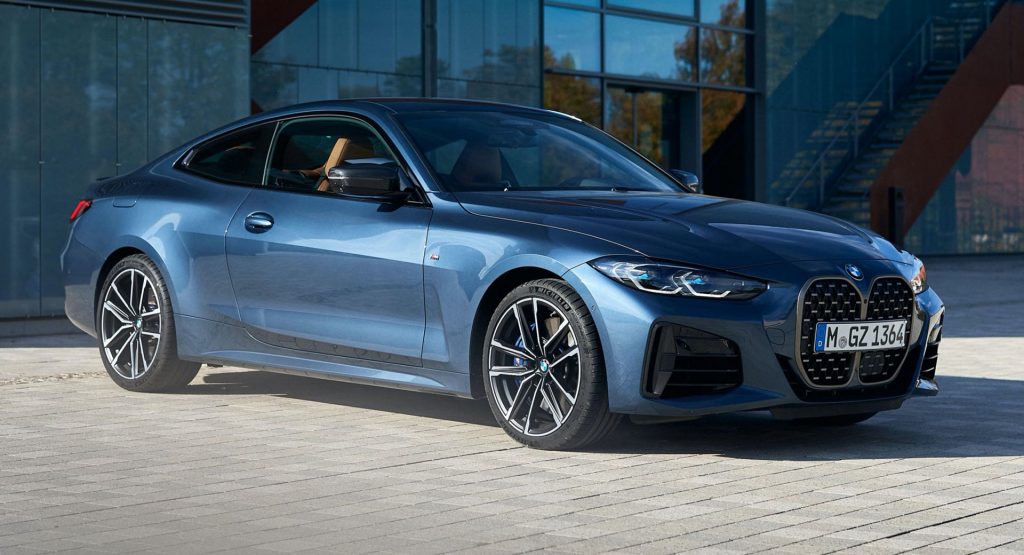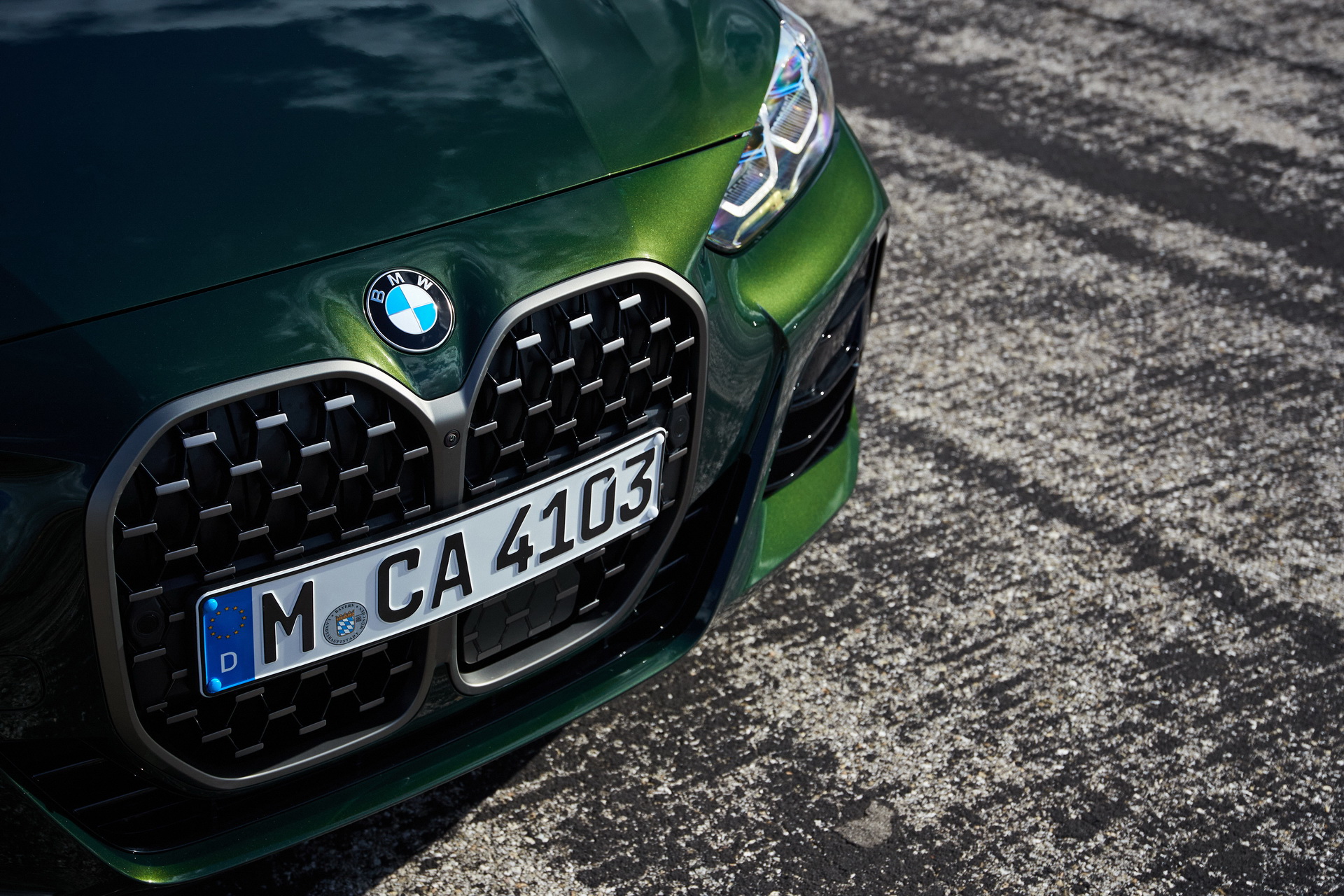BMW head of design Domagoj Dukec dreamed of being a car designer from age 13 but he probably couldn’t have imagined the criticism he would receive following the launch of the new 4-Series which he designed.
From the moment it was launched, the new 4-Series has been the subject of fierce criticism and even though BMW continues to defend its current design language, many pundits believe BMW has entered into an unfortunate new era of design akin to the infamous Chris Bangle days. According to Dukec, however, everything has been blown out of proportion.
Read Also: BMW’s Controversial Kidney Grilles Aren’t Going Anywhere
“In my eyes, the 4 Series Coupé really isn’t as radical as it is made out to be by the media,” Dukec said in an interview with Esquire earlier in the year. “It’s a very elegant car with very good proportions. The only thing that could be perceived as unconventional is the shape of our kidney grille.”
“It makes me wonder, in a way, how people are so superficial that they judge on one detail. It’s like judging a human being on one thing – big nose, long legs, big head. You wouldn’t say to a chef, ‘Okay, this three-course menu is great, but what is your favourite ingredient?’ Salt is just salt; a tomato is just a tomato. It’s really the composition of all the ingredients that is important,” he added.
Dukec told the publication that he takes inspiration from designers at some of the world’s most high-end fashion brands, drawing parallels to designer Karl Lagerfeld from Chanel who managed to change the perception of the brand with his daring designs.
“I always admired Karl Lagerfeld for what he did at Chanel, but also for his attitude,” Dukec explained. “He didn’t care what people thought. Because the truth is, if you want to create something that is really daring or bold, people will follow if you’re confident enough to know what the brand deserves.”
According to Dukec, design is “not about pretty or ugly” as looks are completely subjective. Rather than catering to the individual tastes of customers, he believes it is about “gauging what a customer actually desires, or what they could desire in the future.”





